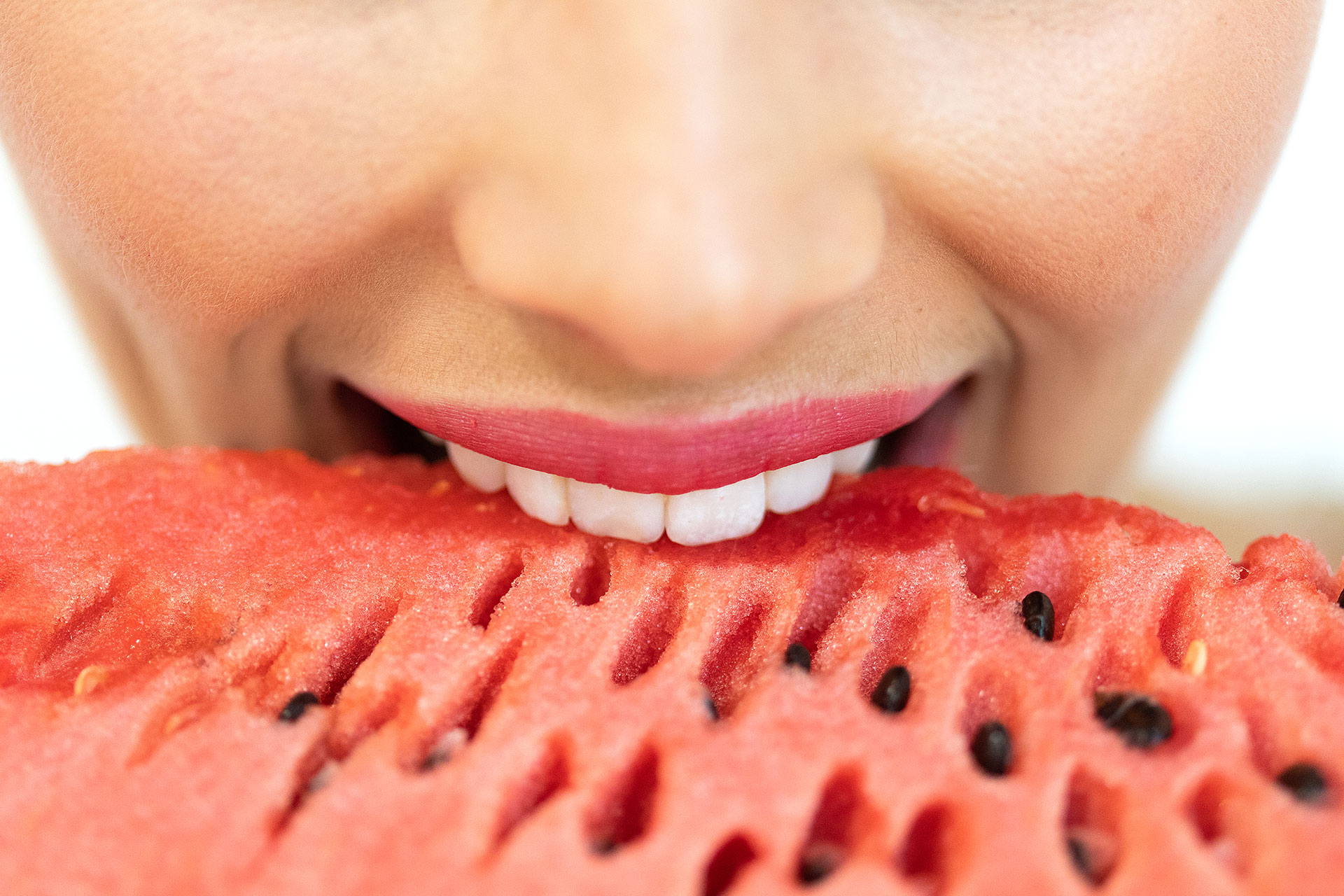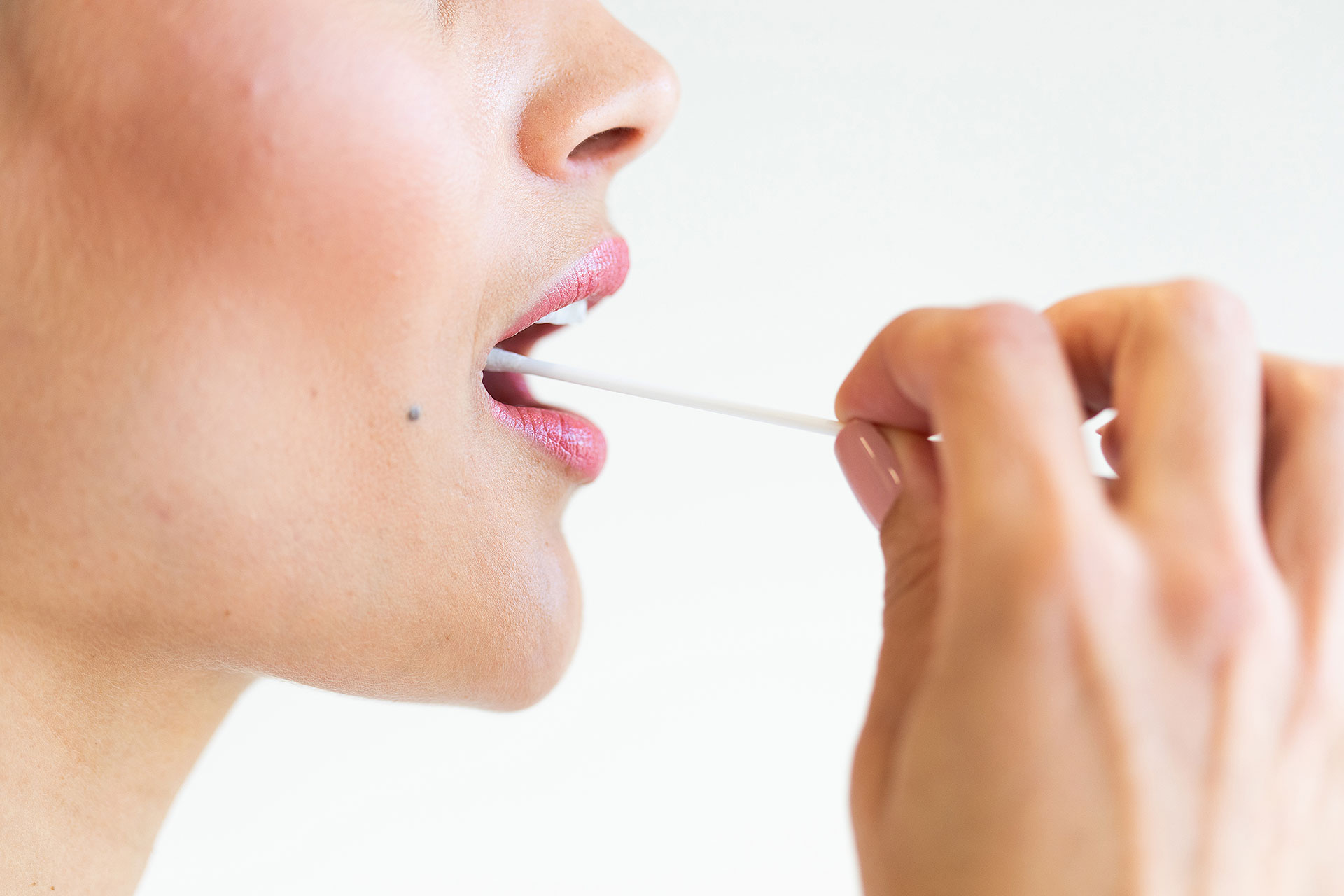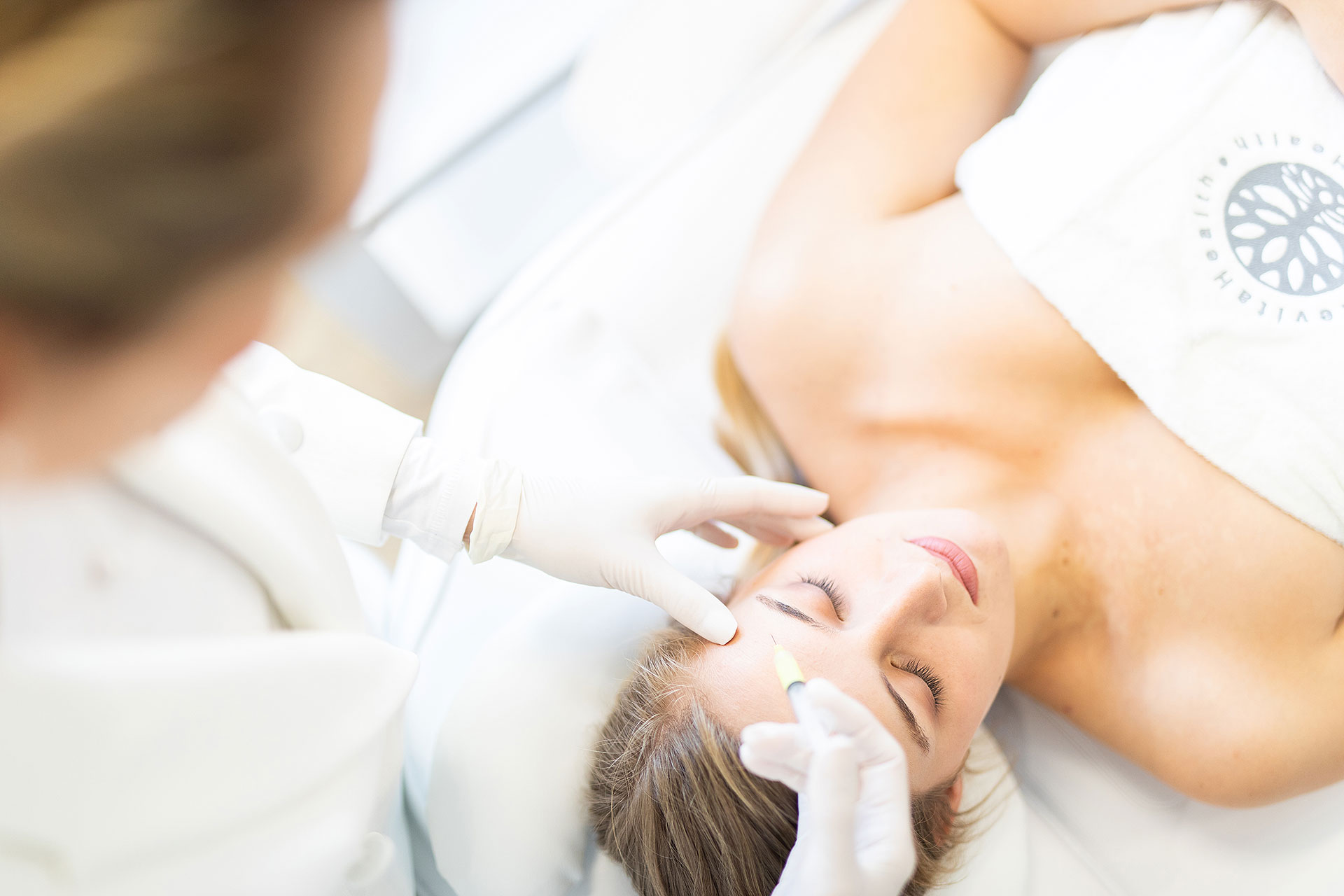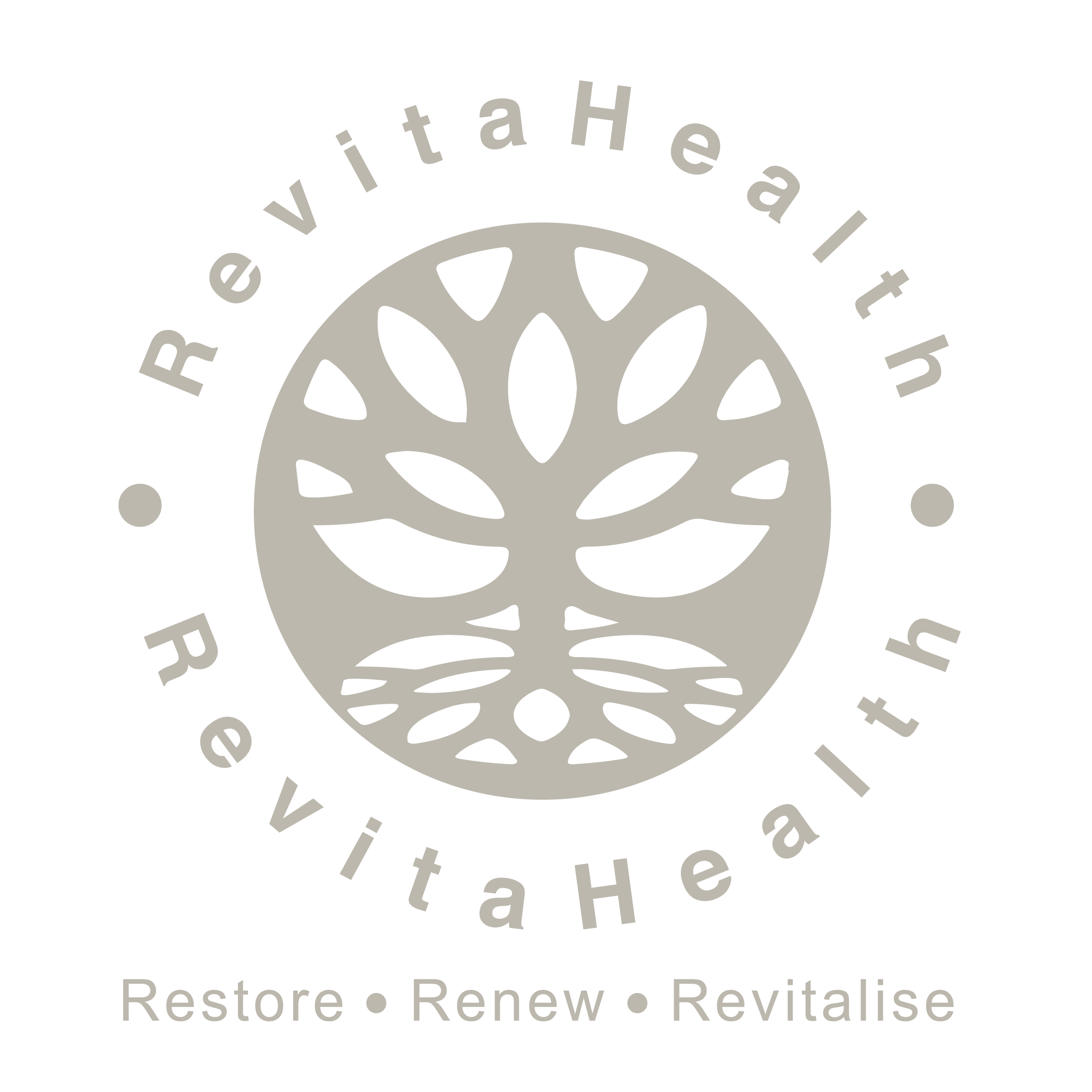How to Stay Healthy this Winter
I have truly found this past year has taught so many people the value of health and wellbeing. It brought the focus back to your body’s ability to fight off and even heal from unwanted visitors. Winter is luring around the corner and a season where we normally need our immune systems to be in top condition. If you give your body the support it needs, it will be so much stronger in your fight against an infection.
Our first line of defence is still following safety protocols, adhering to good hygiene and not being irresponsible in your contact with people.
There are however certain immunity-boosting behaviours we can all apply that could strengthen your defence systems and make your body an inhospitable environment for viruses.
Practically everything you do daily from what you eat, how you exercise, how much you sleep, how you handle stress and who you interact with, will either build up your immune system or break it down. It is a matter of choice!
1) Prioritize self-care.
• Make sure to practice relaxation with breathing, yoga, or a walk in nature.
• Move regularly and stick to your exercise routine.
• Take a warm bath as it will raise your body temperature and encourage relaxation.
• Get a good dose (at least 20 minutes) of sun exposure ever day. This will help elevate your mood, stimulate Vitamin D production, boost immunity and regulate your sleep-wake-cycle.
2) Sleep
• Focus on good quality restorative sleep of 7-9 hours every night.
• Sleep stimulates a collection of immune factors. ( There can be a 70% drop in natural killer cell activity by getting 4 hours or less of sleep for just one night!)
• Breast cancer, prostate cancer and intestinal cancer has been linked to sleep deprivation.
• The WHO even lists any form of nightshift work as a probable carcinogen.
3) Focus on your gut health.
• Your gut immune cells make up about 70% of your body’s immune system. Feeding the microbiome what it needs to function optimally will help maintain this delicate balance and intact gut wall.
• Eat fresh, unprocessed foods with a large focus on organic veggies.
• Add prebiotic food to your diet (onions, leeks, garlic, etc).
• Get enough fibre in your diet daily.
• Fermented foods and a probiotic supplement can be greatly beneficial.
• Stay hydrated.
• Drink healing organic bone broth to support the gut lining.
• Tea rich in polyphenols will also help cell repair and supports the immune system.
4) Activate autophagy to help boost immunity.
• Autophagy is the body’s way of cleaning out damaged cells, to be able to regenerate newer and healthier cells. This helps the body recover faster and better.
• You can activate autophagy with a healthy fasting protocol of a 16 hour overnight fast a couple of times a week.
5) Add different plants to your diet.
• Food is not just fuel for energy; it gives instruction to our cells and DNA.
• It provides us with nutrients, vitamins and phytochemicals that have been proven helpful to reduce a virus’s ability to penetrate cells and replicating.
• It is suggested to eat the rainbow with your fruit and veggies to make sure that you get a good variety of all the nutrients.
• It is also helpful to use anti-viral spices like ginger, garlic, turmeric, cinnamon, thyme and cayenne pepper.
6) Consider supplements.
• When you know that your immune system will need some extra help, there are many natural supporting supplements on the market. Whenever you have to choose a supplement always aim to buy the best quality possible without sugar or artificial additives.
• Vitamin C, Vitamin D3, Omega 3, Quercetin, Zinc and probiotics have all proven to be helpful.
Remember that optimal health does not come from one big change, but from the small things you do consistently.







© Design by DIGITAL DRAWING ROOM & built by WAPP
Privacy Policy 2023